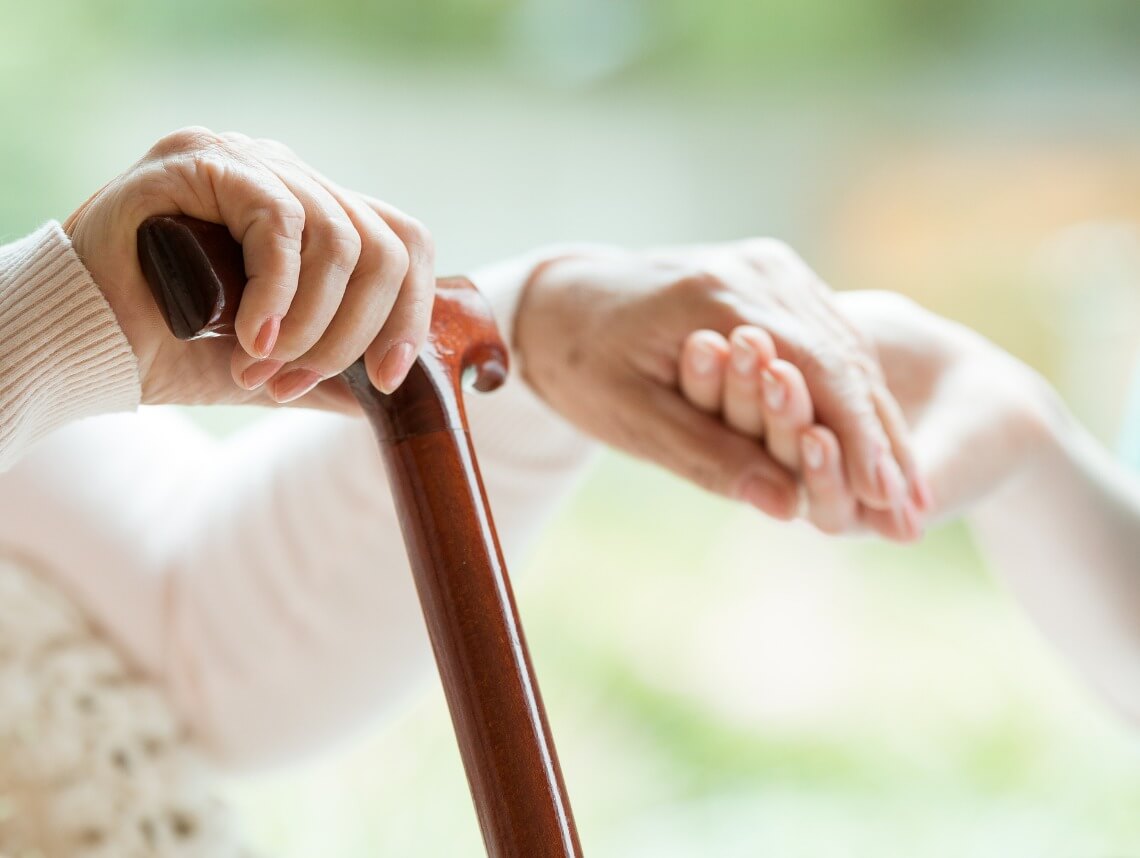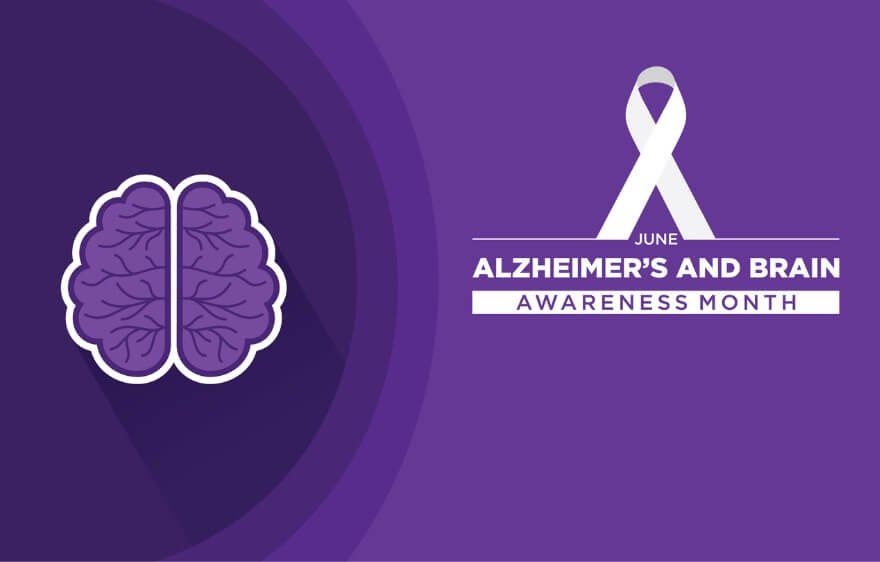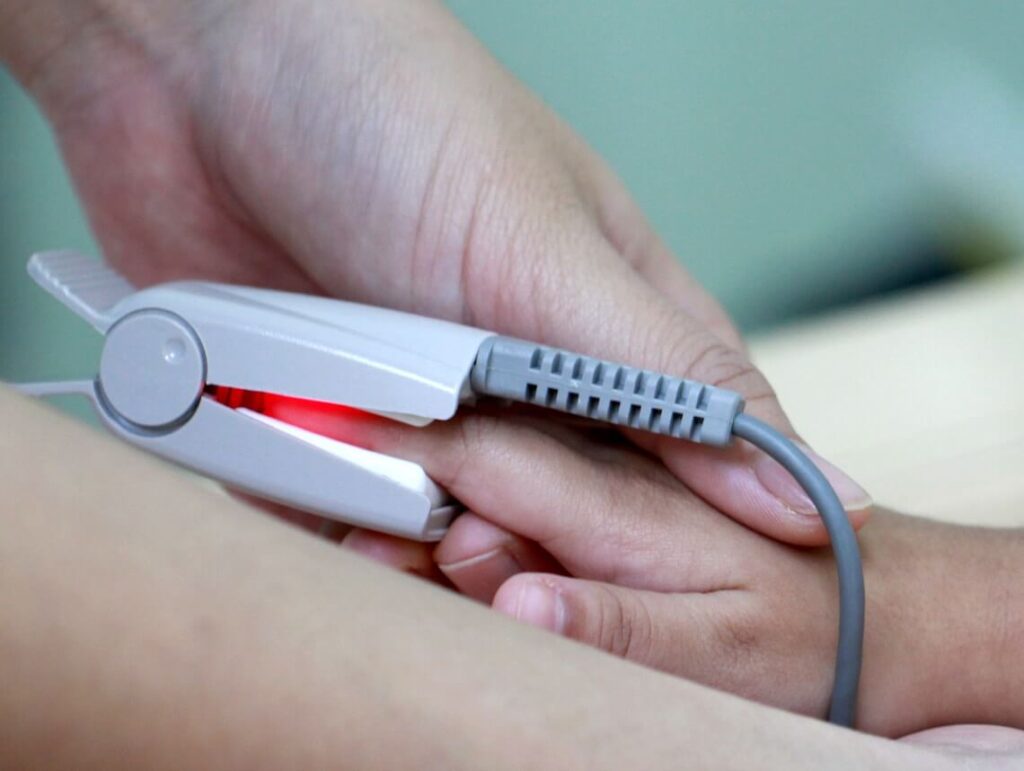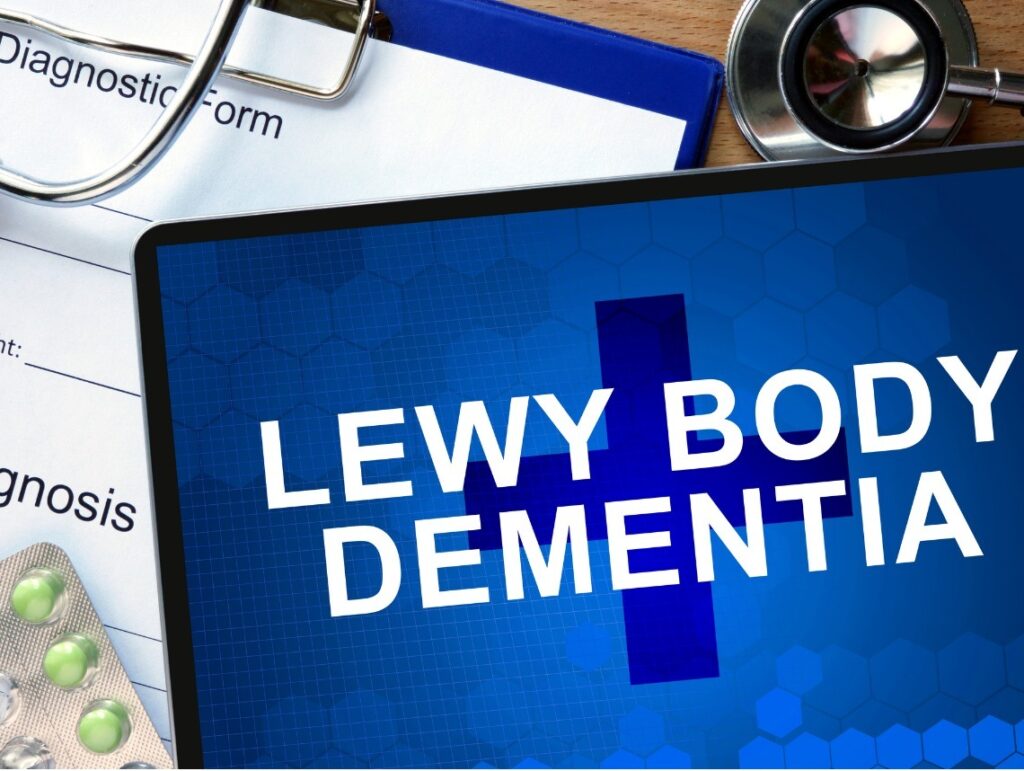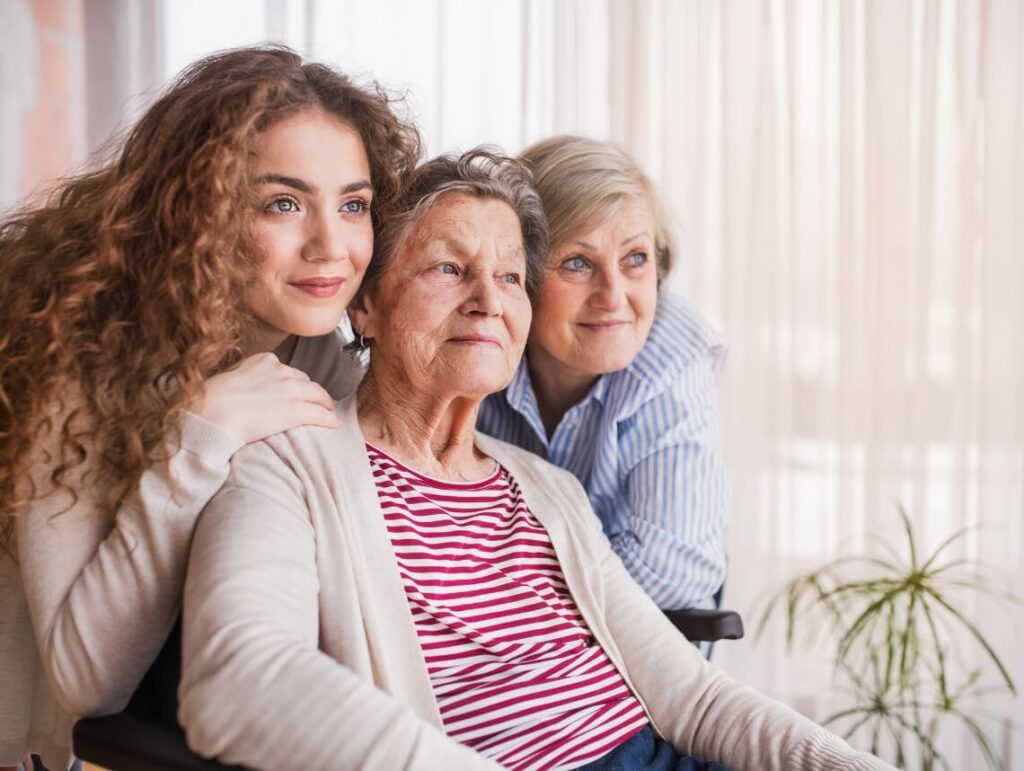Throughout the United States, there are approximately 1 million people who are currently living with Parkinson’s Disease (PD). This year alone another 60,000 will receive a diagnosis for the disease.
While every person’s experience with this condition is personal to them, there are certain challenges and issues that are relatively universal across those with the disease. As a family caregiver, it is important that you understand these so that you can take the proper steps to address them and help your elder loved one continue to live the highest quality of life possible as they age in place.
One set of challenges that your elder parent will face on their journey with PD is difficulties fulfilling their activities of daily living. These are the basic tasks that everyone must complete to live a functioning lifestyle. The symptoms of Parkinson’s can make many of these far more difficult and even impossible for seniors to handle on their own, making it essential that you step forward and help them manage them in the way that is right for them.
3Tips for Caring for Seniors with Parkinson’s Disease
Use these tips to help your aging parent with Parkinson’s Disease manage their activities of daily living, or ADLs:
1. Identify their needs and talk about them
Talk to your loved one about the challenges that they are facing. Being upfront and honest with them will not only give them greater confidence that you are there for them but will also give them the opportunity to express what they are feeling and the specific concerns that they have so that you are better able to address them effectively.
2. Encourage as much independence as possible
Even if your parent is able to handle certain tasks, it will likely take longer than it did before. Avoid the temptation to simply step in and do these tasks for them. This can have devastating effects on their mental and emotional health, and motivation to continue forward. Instead, be patient and give your parent plenty of time and support to manage as much of their care tasks on their own as they can. This will keep their mind and body active, which can actually help to control the severity of the symptoms and the progression of the disease.
3. Consider occupational therapy
As opposed to physical therapy, which is designed to help the body improve and be ready to handle tasks, occupational therapy is about adapting tasks to your parent’s body and helping them to be able to manage these tasks effectively and efficiently. This type of therapy will take into account your loved one’s specific symptoms and challenges, and help them to find ways to manage their care tasks and ADLs as independently and safely as possible.
Contact Care Options for Kids for Parkinson’s Home Care Services
Starting elder care for your aging parent can be one of the most nurturing and compassionate decisions that you can make for them as they progress through Parkinson’s disease. As their family caregiver, you want to make sure that your loved one has all of the care, support, assistance, and encouragement that they need to manage their health concerns and symptoms and live the highest quality of life possible.
An elder home care services provider can be in the home with your senior on a customized schedule that is right for their needs as well as the care efforts that you put forth for them in order to accomplish this goal.
When it comes to helping them manage their activities of daily living, the highly personalized services of an elder care provider are designed to address your loved one’s individual needs and challenges, modify tasks to better suit these needs, and offer compassionate, respectful, and dignified assistance for those tasks that require it. This not only helps your parent to stay physically healthier and more comfortable, but also boosts mental and emotional health, and creates a greater sense of control over their life throughout the progression.
If you or an aging loved one are considering home health care services, contact the caring staff at Care Options for Kids. Call today at (888) 592-5855.
Sources
https://www.adventhealth.com/neurology-and-neurosurgical-care/parkinsons-disease
https://www.parkinson.org/Living-with-Parkinsons/Managing-Parkinsons/Activities-of-Daily-Living
